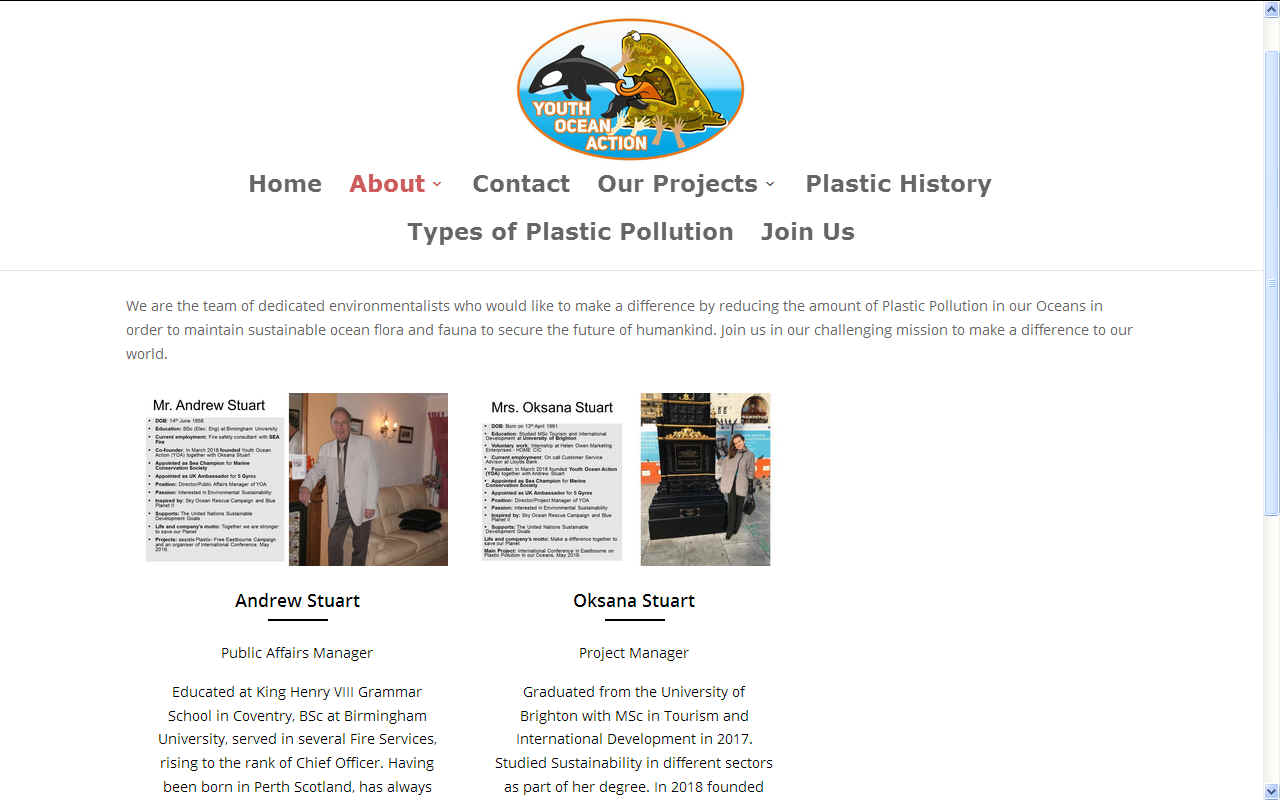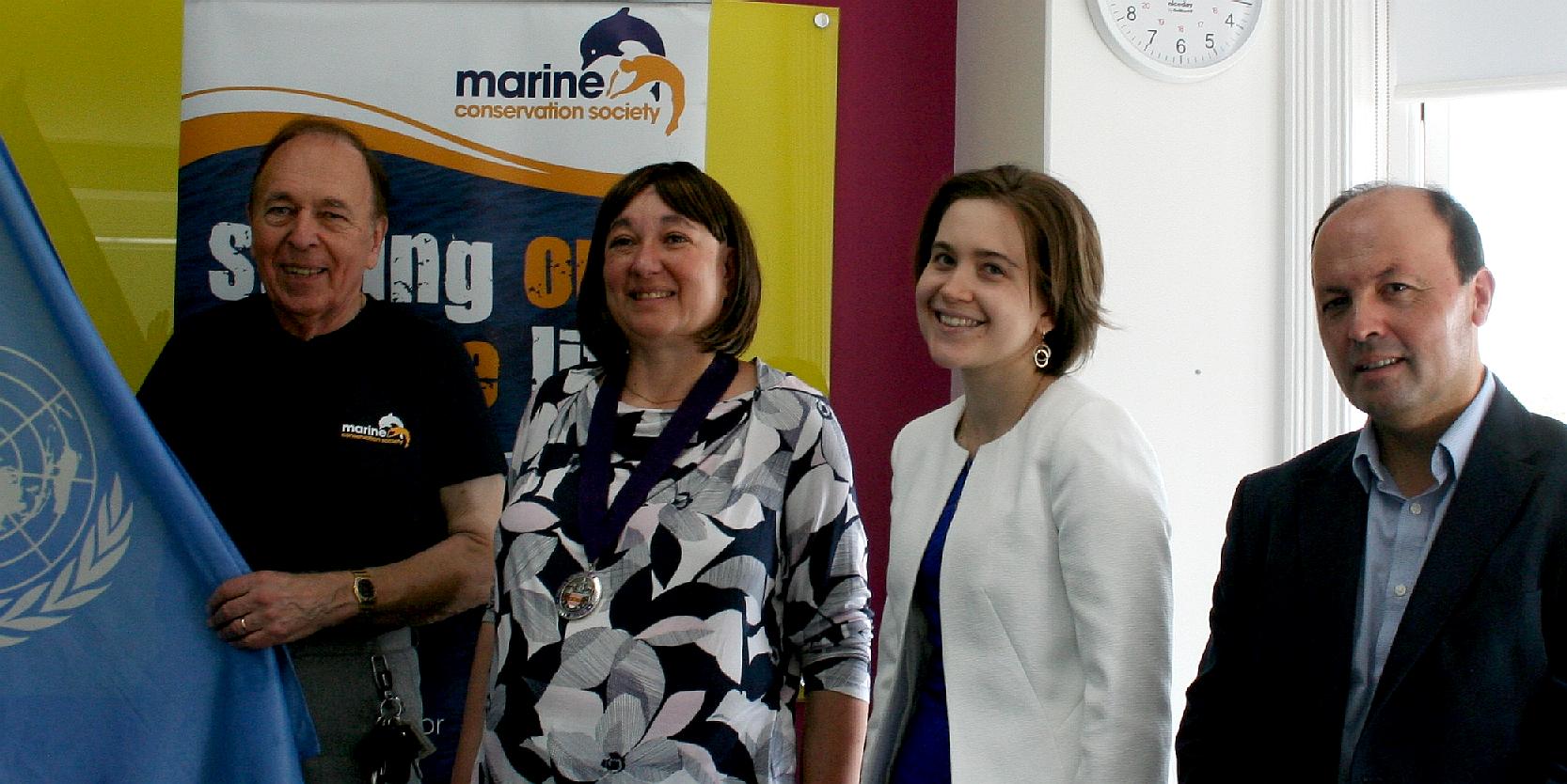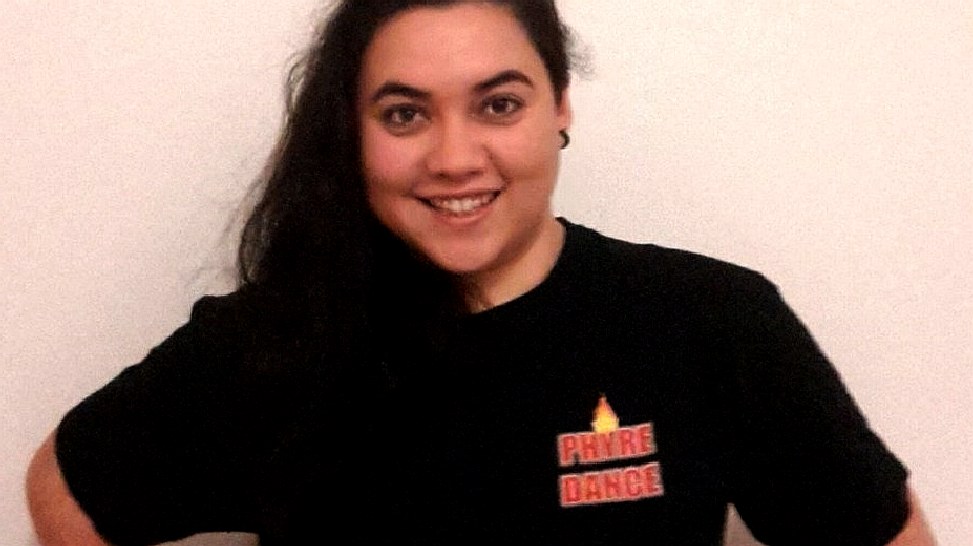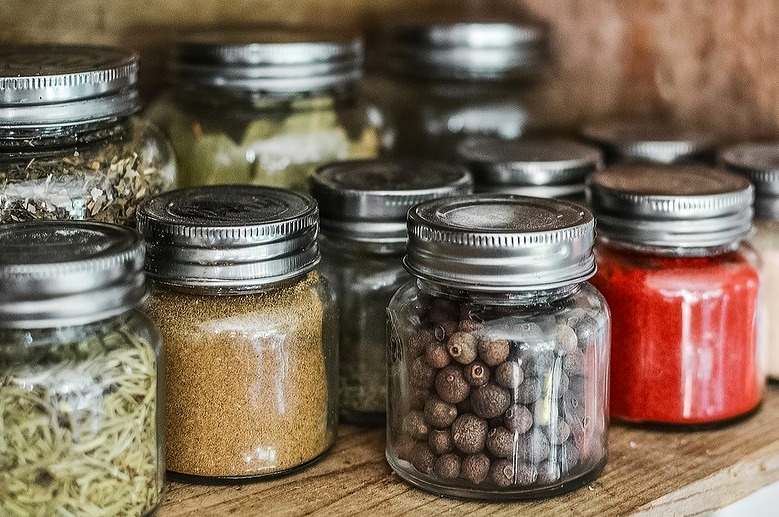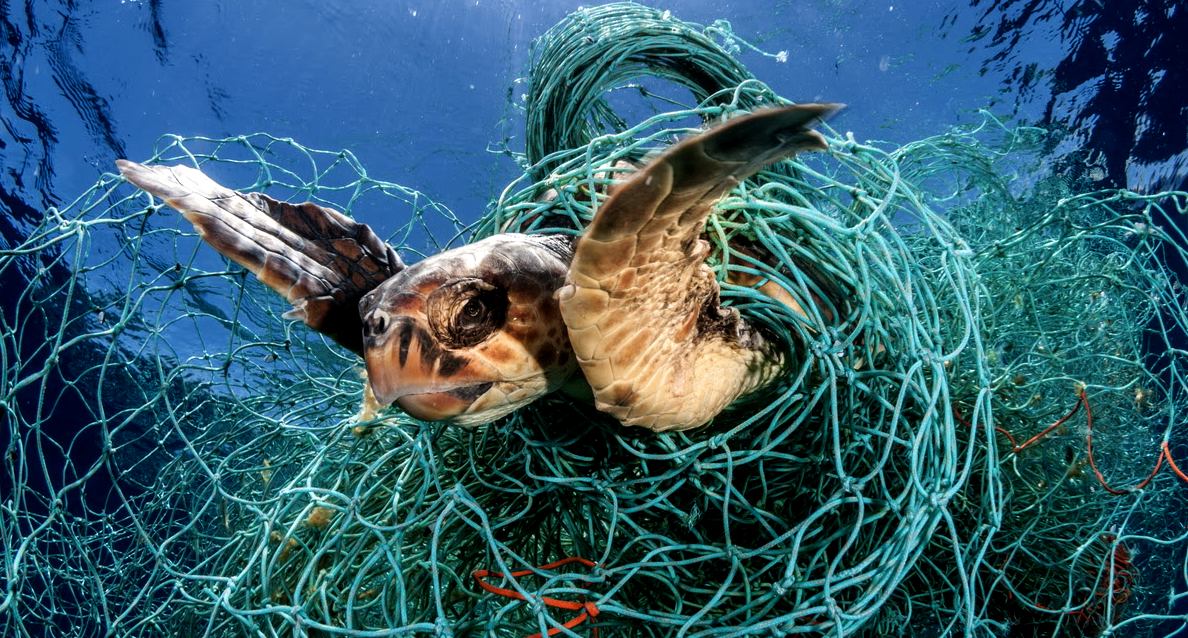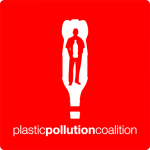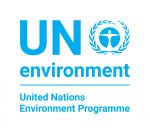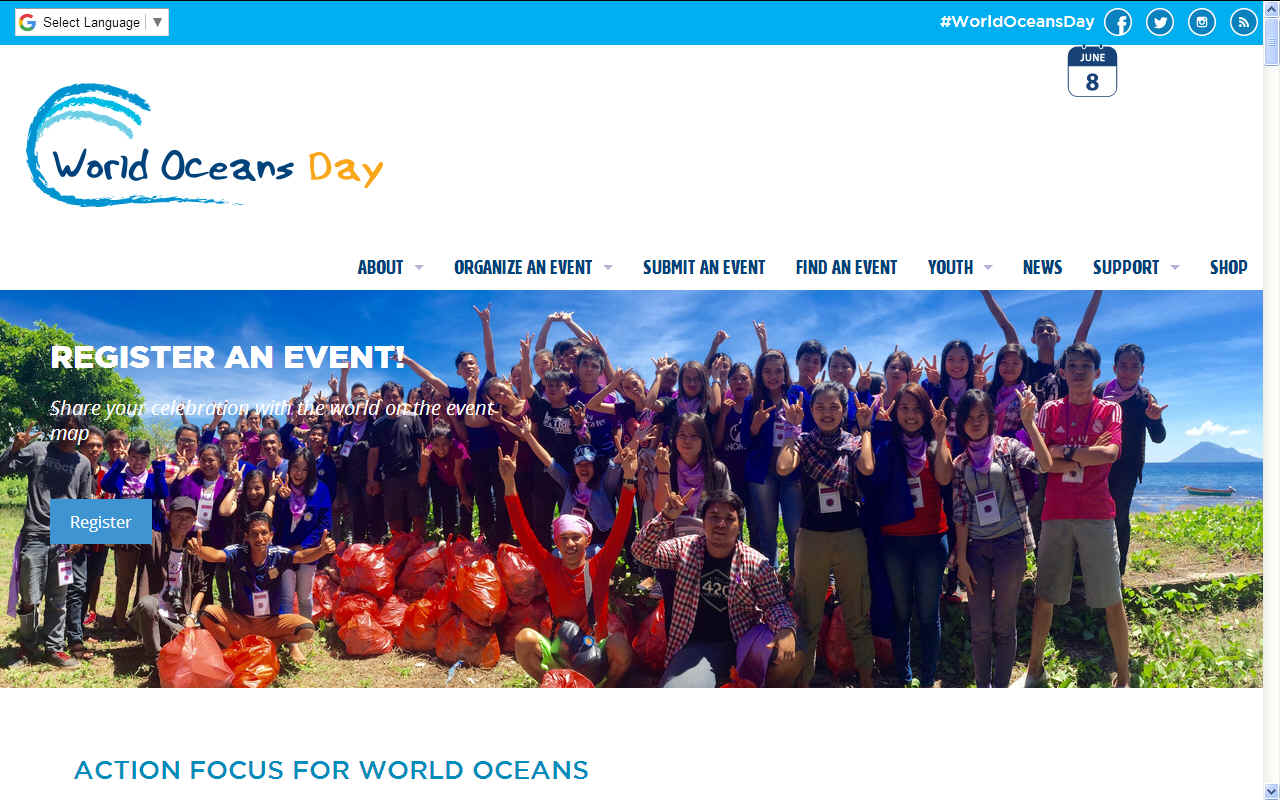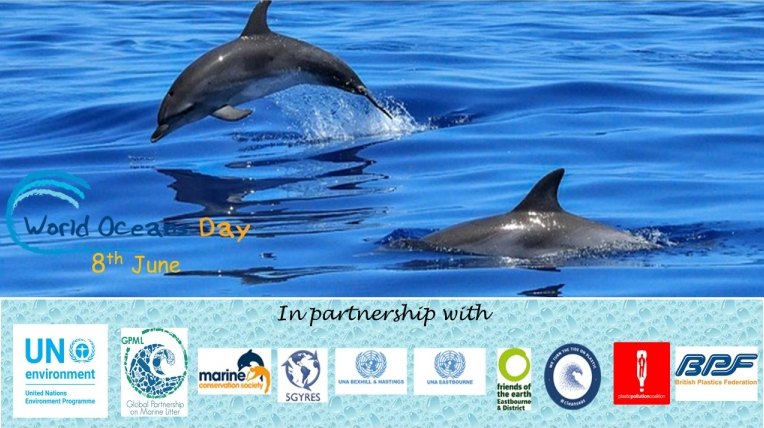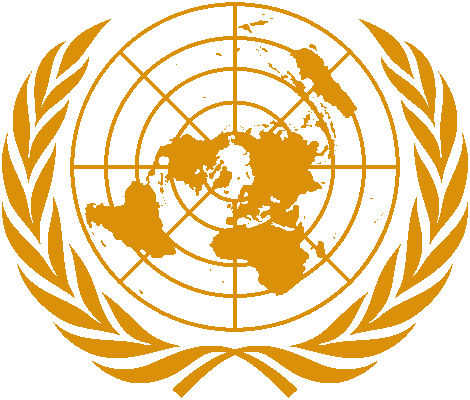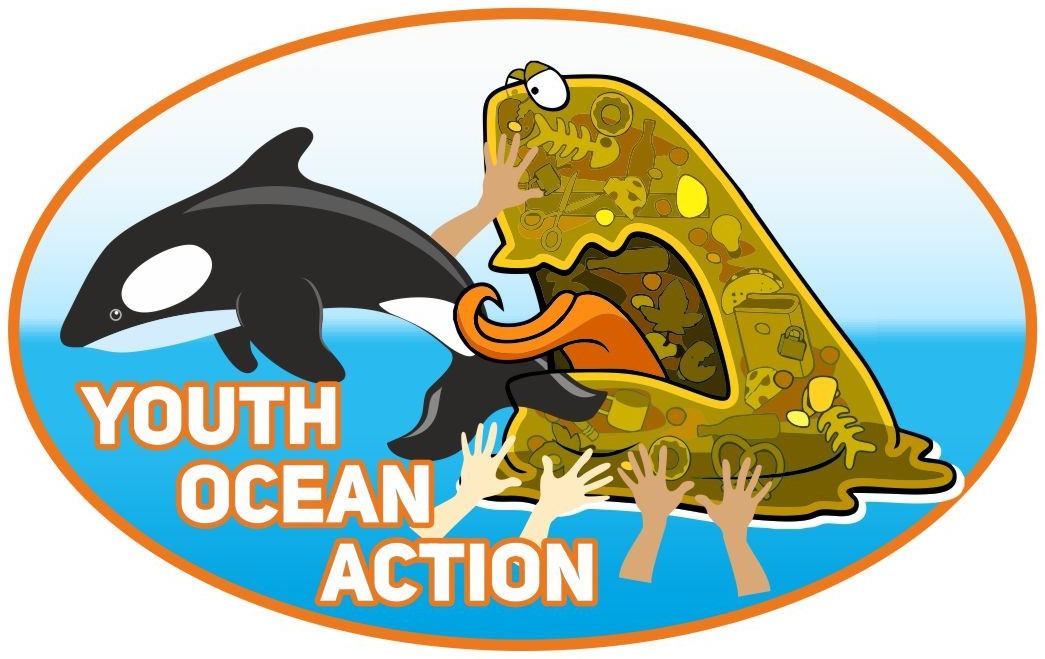|
YOUTH OCEAN ACTION
ABOUT - CONTACTS - FOUNDATION - HOME - A-Z INDEX
PLASTIC POLLUTION - Tackling ocean plastic is a United Nations agenda for sustainable use of the oceans and conservation of marine life under SDG14.
To celebrate World Oceans Day
the Youth Action Ocean team presented information about our precious Oceans and their role in our
lives.
Topic 2: Marine pollution and its effects
Topic 3: History of Plastics: from Blessing to Curse.
Topic 4: Work to combat plastic pollution by MCS.
Topic 5: Current situation and sustainable use of plastics
Special guest: Sapphyre Callaghan
(Zero Waste Shop)
THE SPEAKERS - Andrew Stuart [left] is seen here with Oksana Stuart [centre right] and Gonzalo Alvarez [right] at Brighton University Hillbrow campus in the Meads district, Eastbourne, room 113.
URBAN FORAGER - Guest speaker Sapphyre Callaghan hopes to open 'Urban Forager' in Eastbourne but requires donations to help that become a reality. Her mission is to make Eastbourne a plastic free town, after Lewes:
At Urban Forager every item would be Zero Waste. For bulk dry food products, oils, spices, etc., customers can bring their own container to fill up with the product of their choice or purchase a jar in-store for that purpose. Other products (ie bamboo toothbrushes) will be packaged in recyclable or compostable material. But it doesn't stop there. They are even planning to fit out the store with recycled and reclaimed materials and furniture. Her family’s ambition is to one day introduce the idea to their native country, the Philippines, which has the world’s 5th highest plastic consumption.
The Hillbrow campus was very neat and quiet on this Friday morning event to celebrate World Ocean Day, with the sun gently bathing Eastbourne on another still summers day that the town is famed for.
The University of Brighton is a public university based on five campuses in Brighton, Eastbourne and Hastings on the south coast of England. Eastbourne campus is set in the Meads area of the historic seaside town, looking out over English Channel south-east from the edge of the dramatic Seven Sisters Country Park.
In room 113 of the Hillbrow campus a projector strained to keep cool and illustrate the talks of four speakers as they took it in turns to entertain the audience with interesting facts and videos, the most disturbing and heartwarming (at the same time) were those short films of sea turtles being freed from fishing nets and ropes after days of entanglement. If these unfortunate creatures had not been spotted in time they would surely have perished.
DEATH BY DROWNING - Of all the ways to die before your time, drowning must be one of the worst. Sharks, dolphins, sea turtles and whales are all dying by the hundreds because of discarded fishing nets - and we are to blame.
As an example of cooperation on the other side of the world, the Thai Union Group has joined forces with the Global Ghost Gear Initiative (GGGI) in a drive to reduce the growing problem of abandoned, lost and discarded fishing gear (ALDFG) worldwide.
The GGGI is an alliance founded by World Animal Protection in 2015, dedicated to tackling the problem of ghost fishing gear at a global scale.
“Ghost gear represents one of the biggest threats to animals in our oceans, significantly reducing fish stocks and entangling, injuring and killing millions of animals every year,” said Joel Baziuk, secretariat for the GGGI. “It is key for seafood industry leaders such as Thai Union to come together with NGOs, government and other stakeholders to improve the health of marine ecosystems, protect marine animals and safeguard human health and livelihoods.”
The
United Nations Food and Agriculture Organization estimates that every year, approximately 8 million metric tons of plastic enters the ocean, most of it urban waste, particularly plastic litter and microplastics.
MISSION STATEMENT
The concept of an International Conference for young people, under the heading ‘Youth Ocean Action’, was born in August 2017 after we spoke to Stephen Lloyd our
Member of
Parliament, who gave his full support.
YOUTH OCEAN ACTION CONTACTS
Andrew and Oksana Stuart Web: http://youthoceanaction.org.uk/
PARTNERS THEY WORK WITH
5 Gyres
The 5 Gyres Institute is a 501(c)(3) nonprofit organization in special consultative status with the United Nations Economic and Social Council since 2017. Our mission is to empower action against the global health crisis of plastic pollution through science, education, and adventure.
Our vision is to witness plastic pollution decline in the environment until it is no longer found in the world’s oceans.
CleanSeas Campaign
UN Environment launched #CleanSeas in February 2017, with the aim of engaging governments, the general public, civil society and the private sector in the fight against marine plastic litter. By connecting individuals, civil society groups, industry and governments, UN Environment aims to transform habits, practices, standards and policies around the globe to dramatically reduce marine litter and the harm it causes.
Friends of the Earth Eastbourne and District
Welcome to Eastbourne & District Friends of the Earth, a very active group that is making a big impact in our local area! We meet every month to plan our campaigns, and we also have a social event once a month at a wonderful community cafe. We have great links with other environmental and green community groups within Eastbourne, and very good relationships with the local council. Eastbourne is surrounded by beautiful countryside, and we aim to keep it that way!
Website: https://friendsoftheearth.uk/groups/eastbourne
Global Partnership on Marine Litter (GPML)
The Global Partnership on Marine Litter (GPML) is a voluntary open-ended partnership for international agencies, Governments, businesses, academia, local authorities, and nongovernmental organizations. The Marine Litter Network has been designed to facilitate collaboration among supporting partners. Our membership comes from all six World Bank regions and over 50 countries around the world.
Website: http://marinelitternetwork.com/
Marine Conservation Society
The Marine Conservation Society is the UK’s leading marine charity. We work to ensure our seas are healthy, pollution free and protected.
Website: https://www.mcsuk.org/
Plastic Pollution Coalition
Plastic Pollution Coalition is a growing global alliance of individuals, organizations, businesses, and policymakers working toward a world free of plastic pollution and its toxic impacts on humans, animals, waterways and oceans, and the environment.
Website: http://www.plasticpollutioncoalition.org/
UN Environment (UNEP)
The United Nations Environment Programme (UNEP) is the leading global environmental authority that sets the global environmental agenda, promotes the coherent implementation of the environmental dimension of sustainable development within the United Nations system and serves as an authoritative advocate for the global environment. UNEP through the GPA provides the Secretariat for the Global Partnership on Marine Litter (GPML)
Website Address: https://www.unenvironment.org/
UNA Bexhill & Hastings
These volunteer-run groups support our work by organising a diverse range of grass-roots activities. Ranging from speaker and fundraising events to film screenings and coffee mornings, these activities raise awareness and interest in the work of the United Nations at a local level across the country.
Website: https://www.una.org.uk/branch/una-bexhill-and-hastings
UNA Eastbourne
The Eastbourne local UNA serves to engage the local community with the aspirations and achievements of the United Nations through regular meetings and events. Over the years the local UNA's energy has often reflected the changing priorities of the UN and for this reason today our local UNA is particularly focused on the issues surrounding security (in all its manifestations) in the context of climate change.
Website: https://www.una.org.uk/branch/una-eastbourne
ABOUT WORLD OCEANS DAY
The first World Oceans Day was held in
1992 when the oceans were very different from today. The oceans were less
acidic because less
carbon dioxide had dissolved into them. They were a little cooler because the atmosphere was cooler. More large predatory fish like
tuna and
sharks existed, because they were less
overfished. Tens of millions of tons less
plastic was adrift. Oceans even had more
oxygen. This World Oceans Day, we join in the call for everyone to act for the oceans in three specific ways: We must prevent expansion of offshore drilling, we must end plastic pollution, and we need to make our coastlines more resilient. No boundaries can work against global warming, plastic pollution, oil spills, ocean acidification and coastal destruction. That’s why everyone - even those living far from the coasts - is needed to help the oceans.
UNIVERSITY CONTACTS
University of Brighton
LINKS & REFERENCE
http://youthoceanaction.org.uk/ https://www.thebestof.co.uk/local/eastbourne/events/feature/world-oceans-day-2018/ http://marinelitternetwork.com/ http://www.worldoceansday.org/
This website is provided on a free basis as a public information service. copyright © Cleaner Oceans Foundation Ltd (COFL) (Company No: 4674774) 2018. Solar Studios, BN271RF, United Kingdom. COFL is a charity without share capital. The names AmphiMax™, RiverVax™ and SeaVax™ are trade names used under license by COF in connection with their 'Feed The World' ocean cleaning sustainability campaign.
|
